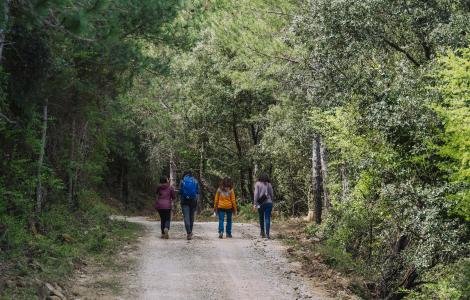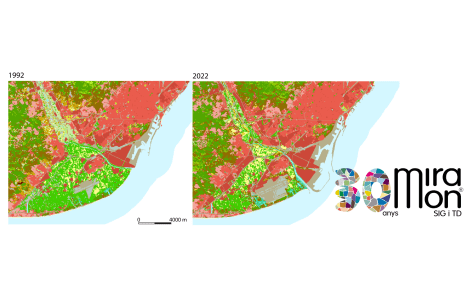Recreating rain forests: applied nucleation as a tropical forest restoration strategy

16 de gener: seminari al CREAF a càrrec de la Dra. Karen Holl (University of California, Santa Cruz).

DIA I LLOC:
Dijous 16 de gener a les 15:00 a la Sala de Graus II, Edifici C Facultat de Biociències de la UAB
TÍTOL
Recreating rain forests: applied nucleation as a tropical forest restoration strategy
I will describe a decade-long, large-scale experiment in Costa Rica designed to compare three strategies for forest restoration: an ‘applied nucleation restoration approach’ (planting tree islands), natural recovery (no tree planting) and mixed-species tree plantations (planting the entire area with trees). I will draw on extensive data on seed dispersal, seedling recruitment, nutrient cycling, light conditions, and bird communities to contrast these different approaches and the effect of the surrounding landscape on tropical forest recovery.
A CÀRREC DE:
Dra. Karen Holl (University of California, Santa Cruz)
Dr. Karen Holl is a leader in restoration ecology. Her research focuses on understanding ecological factors that slow ecosystem recovery from human disturbance and using this information to improve restoration efforts. For over a decade, Dr. Holl has been on the faculty in the Environmental Studies Department at the University of California, Santa Cruz where she works closely with social scientists to develop policy tools to implement the results of her research. She is currently chair of the Environmental Studies Department.
Noticias relacionadas

El IPBES publica dos informes para transformar la forma en que nos relacionamos con la naturaleza, conservarla y sobrevivir

El impacto social de la investigación se consolida en la cultura científica del CREAF


